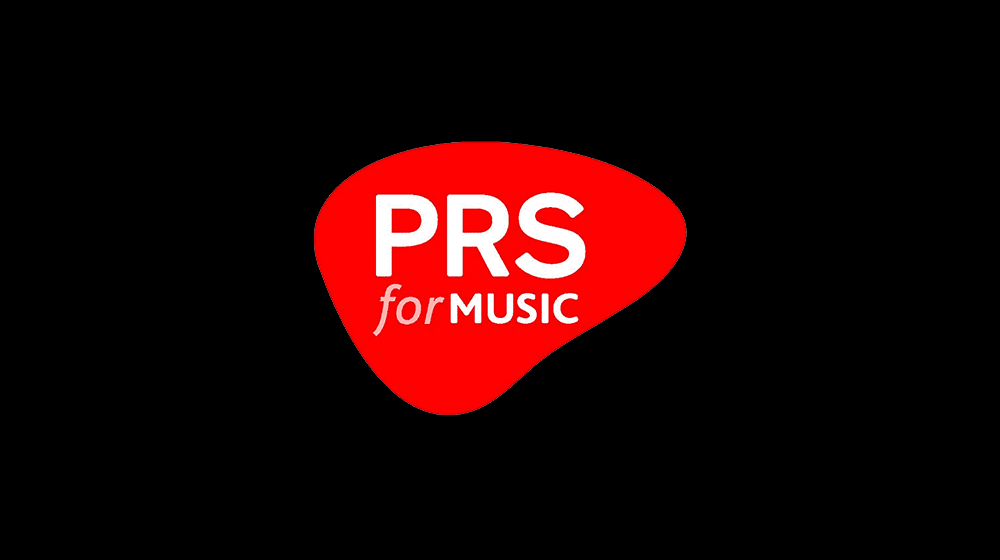
LONDON (Hypebot) – We've all seen excerpts and the news reports, but now we've got
the fill text of the leaked letter from Terra Firma chief Guy
Hands to his troops at newly acquired EMI. The subject is
Radiohead, but the underlying message is clearly that drastic
changes lie ahead.
You can read the full letter after the jump, but an excerpt
that we had not seen elewhere:
"EMI Recorded Music still has value to the vast majority of
artists – in funding their development and in distributing and
marketing their music – but highly successful bands have other
alternatives for making money (such as touring) and a few,
especially the more established ones, may be able to abandon
their label and try to go it alone. You can see why they might
choose to do so…"
This according to our sources is the full text of Guy Hands
letter to EMI staff.
Dear all
RADIOHEAD
As you know, Radiohead, a band with whom we have enjoyed a long
and productive history, have decided to release their new
album, In Rainbows, directly to consumers via their own
web-site. They have also allowed fans to download the digital
album at a price to be set by the consumer. While some
recorded music executives and other firms have expressed shock
and dismay at this development, it should have come as no
surprise. In a digital world, it was inevitable that a band
with the necessary financial resources and consumer recognition
to be able to distribute their music directly to their fans
would do so. Radiohead is one of the most iconic, original and
successful bands in the world, and one of the few with a fan
base large and devoted enough to support the costs of such an
initiative.
However, whilst most bands, including many successful names,
will not be able to – or want to – follow in their footsteps,
there are some important lessons to be learnt which support our
analysis of what needs to change in the recorded music business
model and which many of you have touched on in your letters and
emails to us since Terra Firma bought EMI.
In this note, I want to address what Radiohead’s decision means
for EMI and what it means for artists generally.
For EMI, this is a welcome reminder of the new digital world in
which we operate and the need to focus on the services we
provide to our artists. Those artists break down into three
categories:
invested heavily;
and
EMI needs business models which work for all three categories,
the reality being that the vast majority of the third category
will fail to achieve commercial success and have historically
been cross-subsidised by the first category.
EMI Recorded Music still has value to the vast majority of
artists – in funding their development and in distributing and
marketing their music – but highly successful bands have other
alternatives for making money (such as touring) and a few,
especially the more established ones, may be able to abandon
their label and try to go it alone. You can see why they might
choose to do so. Why should they subsidise their label’s new
talent roster – or for that matter their record company’s
excessive expenditures and advances – particularly when they
are providing income to their record company through their
catalogue sales?
We will need to give artists at all levels a deal that is fair
to both sides, perhaps one that moves away from the large
advances model of old and provides a true alignment of
interests and transparency.
However, for every artist being signed to us, regardless of
level, we need to deliver them maximum value and a world-class
service; we need to develop products that the consumer wants.
We need to develop revenue streams both for our artists and for
EMI that come from many channels and not just from CDs. We
need to be best in class at identifying and developing these
revenue streams where best in class is not being judged against
the recorded music business, but against international
businesses of all types. We are determined to do so and to
ensure that EMI Recorded Music has the people with the skills
to provide such a worldwide service. It is only by doing this
that we will be the best home to musical talent and the most
innovative and creative music company.
In effect, the recorded music business needs to become more
like the music publishing business which provides its writers
multiple opportunities for distribution of their product in
order to maximise copyright fees and royalties. In this
effort, EMI publishing continues to be at the forefront of
innovation and provides a broad range of services.
The recorded music industry, while seeking to develop some of
these services, has for too long been dependent on how many CDs
can be sold. The industry, rather than embracing
digitalisation and the opportunities it brings for promotion of
product and distribution through multiple channels, has stuck
its head in the sand. Radiohead’s actions are a wake up call
which we should all welcome and respond to with creativity and
energy.
If you have any comments, please do feel free to email me as
usual.
With best wishes
Guy























































